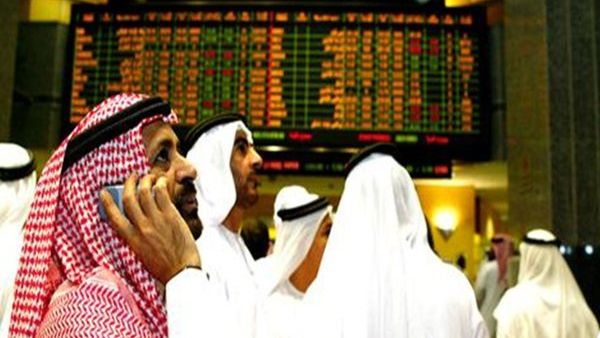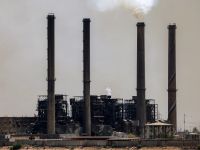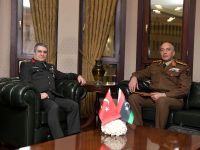Saudi Arabia’s $17.5 billion (Dh64.2 billion) bond issue would be the largest ever by an emerging market.
Saudi Arabia is expected to raise 75 per cent more in a bond issue than the earlier anticipated $10 billion, receiving an order book of around $70 billion, sources said. This bond issue is more than the $16.5 billion issued by Argentina in the second quarter, followed by Petrobas, which issued $11 billion in 2013, and Qatar, which issued $9 billion earlier in the year.
“The $17.5 billion issue would mean there is a big appetite for the bonds, and that investors like the pricing in the current low interest rate environment and as the hunt for yield continues,” Jerome Audran, emerging market analyst at UBS Wealth Management, told Gulf News over email.
Saudi Arabia prices its five year bonds for 135-145 basis points over US treasuries; its 10-year bonds at 165-175 basis points over; and its 30-year bonds at 210-220 basis points over, sources said. Final details of the issue were expected to come out later on Wednesday.
“There is a lot of similar rated debt giving extremely low to negative yields hence a 30 year bond from Saudi Arabia, yielding more than 4.5 per cent may look very attractive to many of the international investors.” said Chandru Bhatia, Fixed Income Portfolio manager at Rasmala.
Fund managers say even the timing was opportune with the oil prices trading over $50 per barrel, the US elections still three weeks away, and an imminent rate hike from the US Federal Reserve in December.
Pre-financing needs
“It’s a good start to a larger bond programme, which may happen later in the year,” said Nadi Bargouti, Managing Director — Head of Asset Management at Emirates Investment Bank.
The $17.5 billion bond issue kicks off the efforts by the Kingdom to plug its large budget deficit of $87 billion this year due to a hole left by oil prices, which have fallen more than a half from the peak seen in 2013. Government expenditure has also fallen by a third since the mid-2014 peak.
“With this bond issue, they want to show their capacity to raise funding in international capital markets, to pre-finance some of their 2017 needs, to benefit from the benign global macro backdrop and the current hunt for yield, to avoid a potential deterioration in the global liquidity backdrop, and to secure cheaper funding if US Treasury yields move up in 2017,” Audran from UBS Wealth Management said.
The country has undertaken many steps to cut costs, including the rationalisation of expenditures and a 25 per cent cut in ministry budget, among other steps. The country still plans to sell a stake in Saudi Aramco, a company valued over $2 trillion, and sell 5 per cent stake in 2018 through an IPO.








